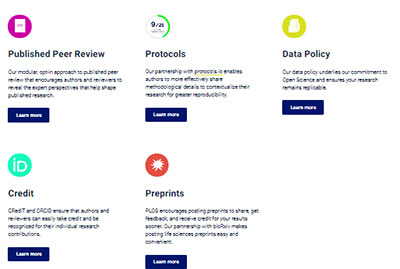Open Science: what does it mean to you?
Issue: Life on a Changing Planet
11 May 2021 article

With time, we have become increasingly familiar with the concept of forced wants and unfamiliar with the concept of basic needs.
Rajesh, Random Cosmos
The Society explores Open Science in this opinion piece, with the hope of provoking responses and feedback. Please tell us what you think.
How easy it is to reduce scholarly communication to its basic needs – we want to publish great science in our journals, right? See, easy! Until new imperatives come along, such as the urgency faced by researchers in finding solutions to deal with a pandemic.
Let’s test the hypothesis that Open Science is a ‘forced want’, a concept dreamt up by a) some in distanced ivory towers, b) tech gurus who believe that the open-source software movement can be translated to science and c) funding organisations with financial motives looking to force change.

The widely cited definition of Open Science is from a 2011 Ted Talk in which physicist Michael Nielsen suggests “the idea that scientific knowledge of all kinds should be openly shared as early as it is practical in the discovery process”. Since then, Open Science (also synonymous with Open Scholarship and Open Research) has come to be an umbrella term for various ‘Open’ components, including Open Access (OA), Open Data, Open Publishing Platforms and Open Education Resources. Institutions use the term to inject ethics and mission statements, such as transparency, integrity and efficiency. Reproducibility, big science datasets and how to reward good science citizenship are more real-life concerns that have a place under this umbrella. Publishing companies (see PloS panel) have their own unique selection of attributes.
With Open Science meaning many things to many people, institutions and stakeholders in the scientific enterprise, does this agenda start to look like a manifesto, which in turn looks like politics entering science? If so, should we resist paying lip service or do we need to start investigating what are the fundamental changes called for by advocates? When it encompasses such a breadth of concerns, what is manageable, what can we tackle and what will become the basic needs of science?
In theory, Open Science may sit in any number of organisational driving seats and from that produce a different outcome. As a policy, it can guide mission; as a technology-driven practice, it can expand research deliverables; as an enterprise requirement (for OA for instance), it can disrupt a flawed business model. Many in academic publishing see these changes gathering pace, so we want to hear how these changes affect you – our members – as individuals and scientists. How important are these principles and do they affect what publishing choices you make? How does your funder, your university or your peers and collaborators’ stance on Open Science impact your research choices and what are the difficulties in practice? What are your drivers and blockers to achieving openness in research practice?
We see some great opportunities in pursuing more openness; perhaps even the fast-approaching day when it will be a basic need. The Microbiology Society has embarked on several major initiatives with Open Science intent, such as launching Publish and Read (microbiologyresearch.org/publish-and-read) and developing an open research platform. We look for inspiration from you, our members, to determine the pace and steer us in the right direction. Please write and let us know whether and how important any aspect of Open Science is to the way that you work at [email protected].
Reference
TED. Michael Nielson Open Science now; 2011. ted.com/talks/michael_nielsen_open_science_now [accessed 7 April 2021].
